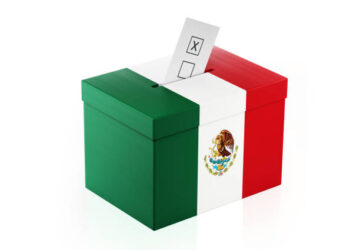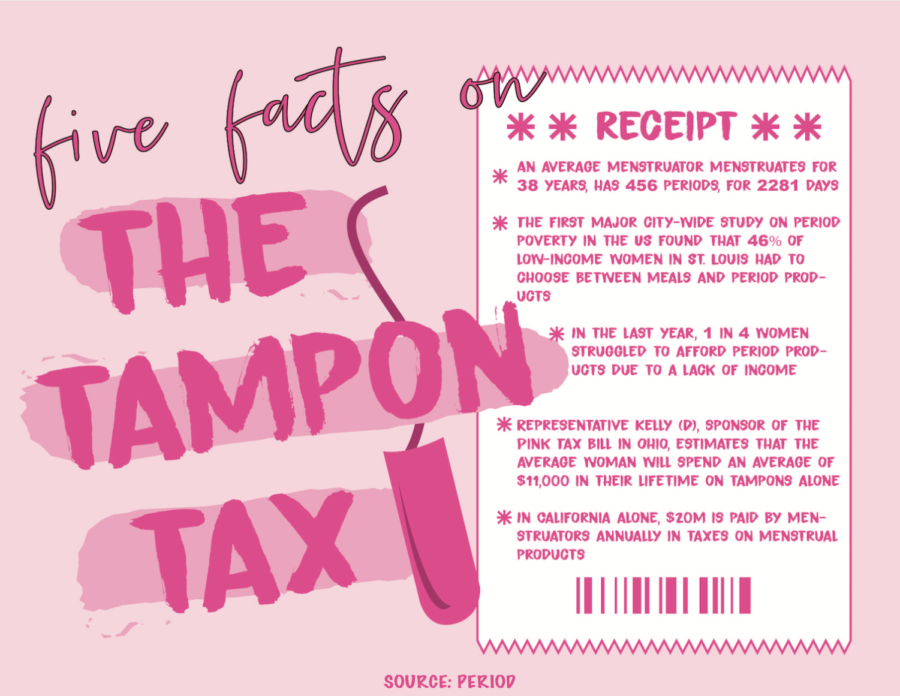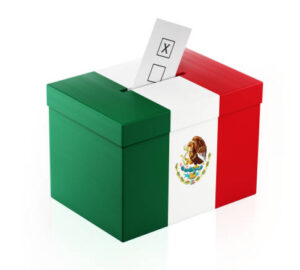Hung Out To Bleed
By Francesca Ricciarini
Today, more than half of the United States human population, 51.1%, is made up by the female sex, which has and continues to carry biological burden of reproduction. While some women choose to have children and others don’t, at some point or another every healthy biological female gets a period, enabling her to make that choice. A woman’s menstrual cycle is a natural, involuntary bodily process, and an expensive one at that. The financial strain caused by low income women being forced to pay for their, and their daughter’s periods is taking a serious toll on the mental health, education, and physical well being of women everywhere.
The set of laws and policies regarding taxation and safety-net programs for menstrual products, written primarily by men in America, reflects the delusion that a woman’s period is a luxury, and while most can agree this principle is absurd, the lack of reformation of these laws can be attributed to the negative stigma around periods, classifying them as ‘gross’ rather than as an essential bodily function.
For the 3-7 days a month of a woman’s period, plus several days leading up to it, the outer lining of the uterus sheds and contracts, and the brain secretes vital reproductive hormones such as Luteinizing hormone and Follicle Stimulating hormone. All of these major monthly occurrences very often lead to rapid changes in mood, insomnia, dizziness, bloating, social withdrawal, difficulty concentrating, breast tenderness, tiredness, leg, back, and stomach cramping. Now imagine those symptoms, plus the added stress of not being able to afford pads or tampons. Women unable to pay for the products needed to deal with their cycle hygienically are forced to either use improper and potentially unsanitary alternatives, or skip school or work the 3-7 days of their cycle every month. While this may just sound like a set of hypothetical scenarios, the reality is shown by studies which found that “14.2 % of women in the US have struggled to or failed to have been able to pay for period products”, (BMC Women’s Health Organization). As a result of this widespread insecurity amongst women, studies also show that “1 in every 4 teen girls living in the United States have reported missing work or school due to lack of access to period supplies,”(Alliance For Period Supplies).
When reading these shocking, devastating statistics that shine light on the large scale of women scrambling to finance their own menstrual cycle, it is important to highlight the financial inequalities between men and women in America, without the conversation of feminine hygiene products. Studies have shown that, “Women are 38 percent more likely to live in poverty than men”, (Patrick, K, National Women’s Law Center) Statistics show us that women are already at a disadvantage financially in comparison to men, and their lack of access to basic essential feminine products, causing them to miss school and work is just pushing them over the edge.
As citizens of a country as powerful as America is, luckily there are a lot of steps we can take towards helping the women we should have been helping a long time ago get access to the menstrual products they so desperately need. We can vote and encourage others to vote for politicians that care about menstrual equity, like current New York Senator Grace Meng. Just last May, Meng introduced the Menstrual Equity For All Act, which contains numerous components one would assume already exist in legislation, but don’t. Some components of the bill include giving states the ability to use federal grants to supply feminine hygiene products in public schools, ensuring incarcerated individuals including those in immigration detention centers have access to feminine hygiene products, allowing homeless shelters to buy menstrual products with ‘shelter necessity’ grants, and requiring medicaid to cover the cost of menstrual products. Citizens also need to put the pressure on legislators to remove the sales taxes in all 50 states regarding menstrual products. In 35 states to date, there are sales taxes placed on menstrual products, but not other products such as food and prescription drugs, because those classify as ‘necessities’. A clear violation of the fourteenth amendment, somehow taxing the upkeep of a bodily function exclusive to women doesn’t exactly say, “equal protection of the laws”(US Constitution Amendment XIV). This encroachment upon women’s rights has proven to be quite the State side-business though, as the 35 states that tax menstrual products make 150 million dollars annually just on those taxes.
Now more than ever both male and female legislators need to set the principle that all people are equal under the law, and that any agenda other than attempting to bridge the gap between men and women, furthered by menstrual inequality, is unacceptable. We as a country have the resources to make sure no woman lives in period poverty, it’s just a matter of people opening their ears. Do you hear that 14.2% of women in the US have struggled or failed to have been able to pay for period products? Do you hear that women are skipping work and school? Or is the sound of women struggling because of society’s attempt to profit off of a female bodily function muffled by the sound of periods being ‘gross’ or ‘dirty’? Let us show Women’s reproductive systems some love, as no woman should ever feel hung out to bleed.








